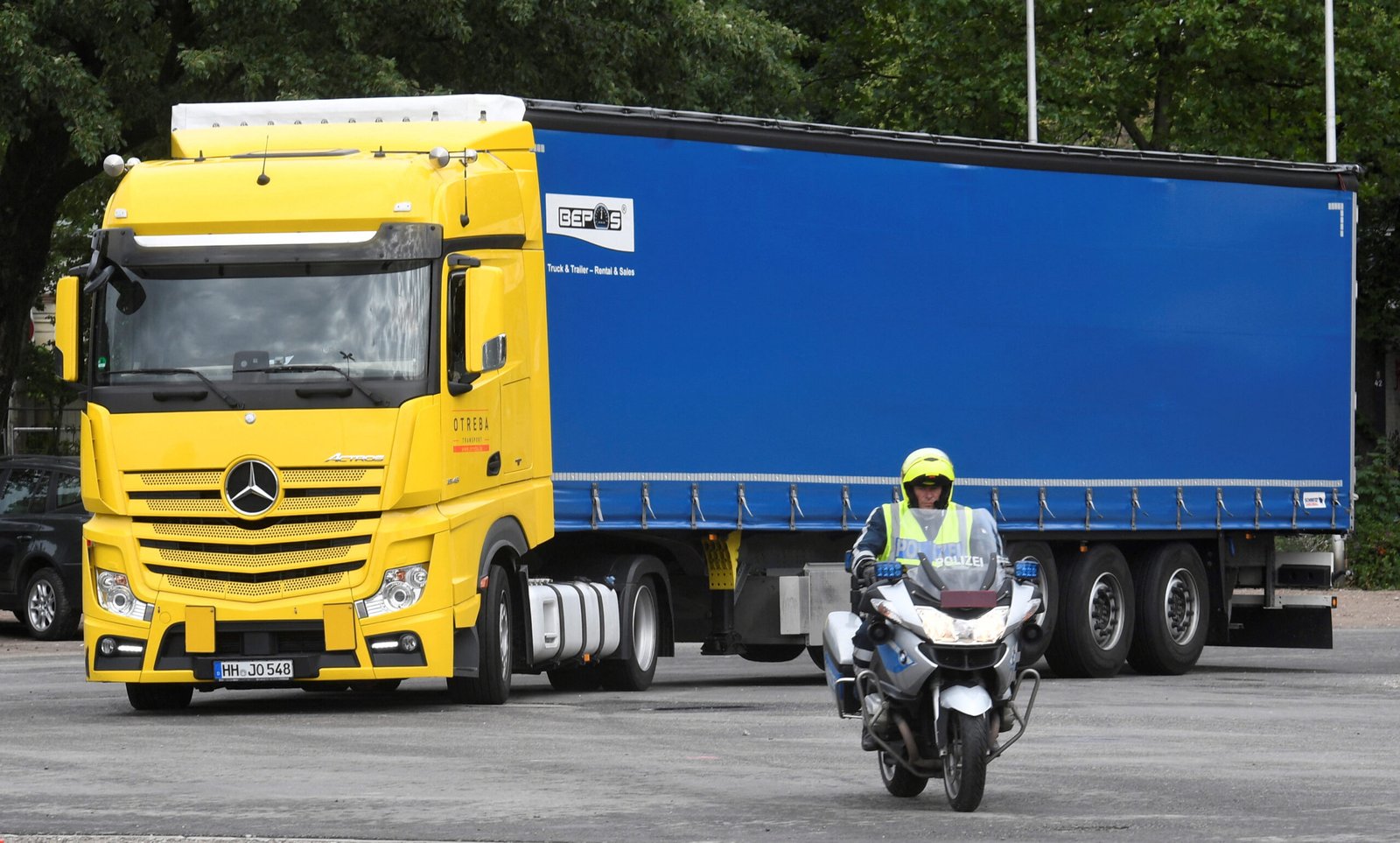European Union countries have voted to enact a law aimed at reducing truck emissions, marking a significant step in the fight against climate change.
In a landmark decision, European Union countries have voted to enact a law aimed at reducing truck emissions, marking a significant step in the fight against climate change. However, the process was not without its challenges, as late demands from Germany threatened to derail the policy.
The new law, which received a reinforced majority of EU country approvals, mandates a substantial 90% reduction in CO2 emissions from heavy-duty vehicles by the year 2040. Despite this victory, the law still awaits final approval from the EU Parliament before it can be enforced.
One of the main sticking points in negotiations was Germany’s insistence on incorporating provisions related to CO2 neutral fuels. To secure Germany’s support, EU countries agreed to add a preamble to the law, indicating that the European Commission would explore the development of rules for registering trucks running on CO2 neutral fuels. This concession was seen as a compromise to accommodate Germany’s concerns.
The inclusion of such provisions could potentially allow countries to include more combustion engine trucks running on CO2 neutral fuels in their fleets, rather than transitioning solely to electric vehicles. CO2 neutral fuels, such as e-kerosene, e-methane, or e-methanol, are produced by synthesizing captured CO2 emissions and hydrogen, offering a promising alternative to traditional fossil fuels.
The request for flexibility regarding CO2 neutral fuels was championed by Germany’s Free Democrat (FDP) Transport Minister Volker Wissing, highlighting the influence of internal politics on EU decision-making. While neither the environment nor transport ministries provided official reasons for the delayed vote earlier in the week, it is evident that domestic disputes within Germany’s coalition government played a significant role.
This last-minute alteration to the law underscores the challenges of navigating the complex landscape of EU governance, where individual member states wield considerable influence over policy outcomes. Despite reaching a preliminary agreement on the truck emissions law last month, the intervention of German government factions disrupted the process, resulting in a delayed vote and subsequent negotiations.
This is not the first time Germany has caused disruptions in EU legislation due to internal disagreements. In a similar instance last year, Germany successfully negotiated a loophole for combustion engine cars running on CO2 neutral fuels in the EU’s ban on new CO2-emitting cars by 2035. The pattern of German obstructionism highlights the delicate balance between national interests and collective EU goals.
In addition to the truck emissions law, EU countries also faced resistance from the FDP regarding a vote on a supply chain law, further illustrating the impact of domestic politics on EU decision-making processes. These delays underscore the need for greater cohesion and consensus-building among member states to effectively address pressing issues such as climate change and sustainability.
As the EU continues to navigate internal divisions and external challenges, the passage of the truck emissions law represents a significant milestone in the pursuit of greener and more sustainable transportation practices. However, the road ahead remains fraught with obstacles, emphasizing the importance of collaborative efforts and compromise in achieving shared objectives on a continental scale.
